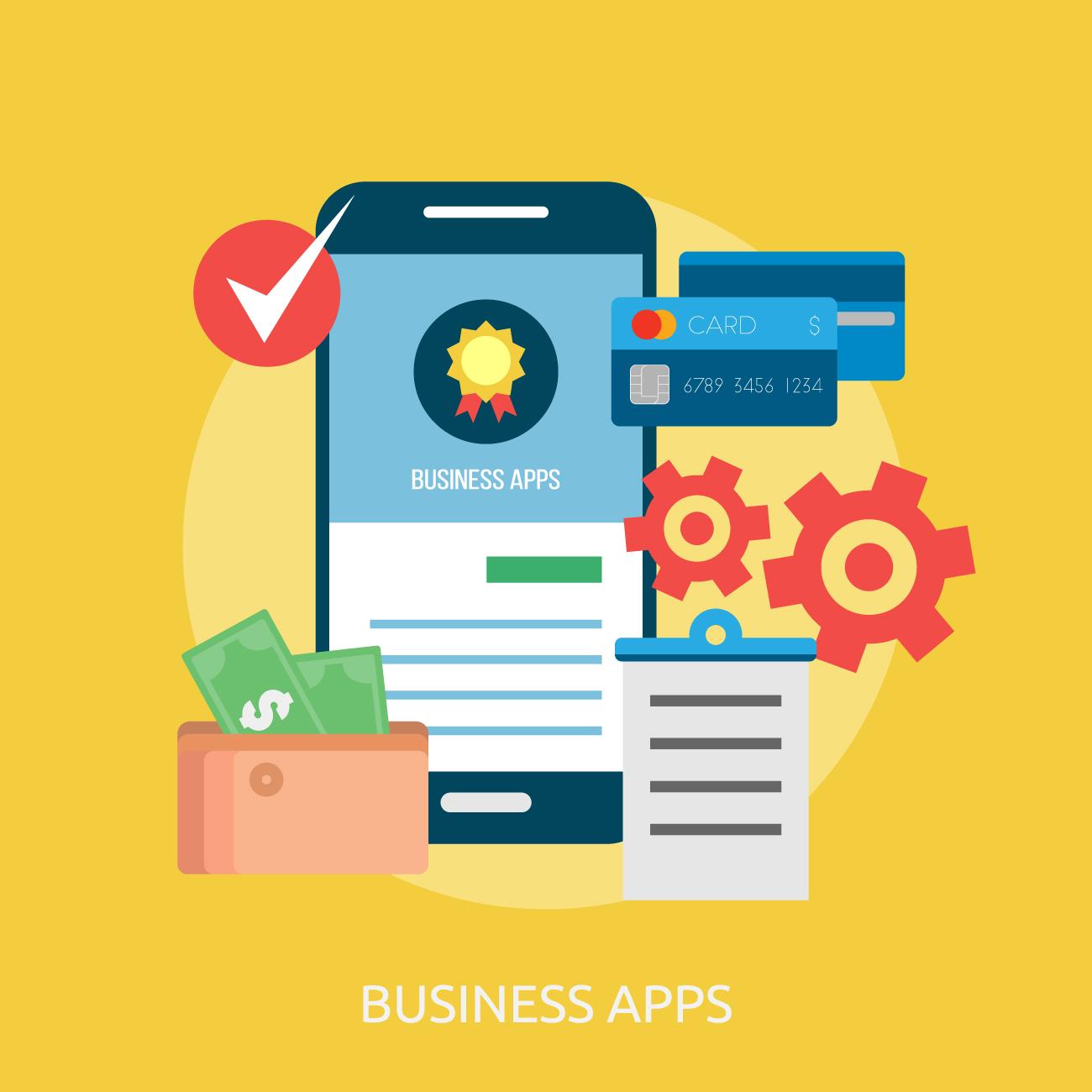Understanding ERP Software Development Costs: Factors and Considerations

Introduction
In the modern business landscape, Enterprise Resource Planning (ERP) software has become an indispensable tool for organizations seeking to streamline their operations, enhance productivity, and make data-driven decisions. ERP systems integrate various business functions, such as finance, HR, inventory management, and customer relationship management, into a single unified platform. However, one crucial factor that often raises questions among businesses considering ERP adoption is the development cost. In this article, we will delve into the key factors that influence ERP software development costs and offer insights into making informed decisions.
Factors Influencing ERP Software Development Costs
- Scope and Complexity: The scope and complexity of your ERP system play a significant role in determining development costs. A basic ERP system with standard modules might have lower development costs compared to a customized solution that requires intricate integrations, workflows, and features tailored to your unique business processes.
- Customization and Integration: Many businesses opt for ERP systems that can be customized to align with their specific workflows and needs. Customization involves additional development work, potentially increasing costs. Integration with existing systems and third-party applications can also impact costs, as seamless data flow requires careful planning and coding.
- Vendor Selection: Choosing between building an ERP system in-house or purchasing a pre-built solution from a vendor affects costs. While a pre-built solution might have upfront licensing fees, building an ERP system from scratch requires investing in development resources, including skilled developers, project managers, and infrastructure.
- Technical Requirements: The technical requirements of your ERP software, such as the technology stack, architecture, scalability, and security measures, contribute to development costs. More complex technical specifications often lead to higher expenses.
- User Interface (UI) and User Experience (UX): An intuitive and user-friendly UI/UX is essential for ensuring smooth user adoption and interaction with the ERP system. Investing in a well-designed interface adds to the development cost but can yield significant benefits in terms of user satisfaction and productivity.
- Data Migration and Training: Transitioning from legacy systems to a new ERP requires data migration and employee training. Data migration can be intricate and time-consuming, impacting costs. Adequate training ensures effective utilization of the ERP system and can be a part of the overall development budget.
- Ongoing Maintenance and Support: ERP development costs extend beyond the initial build phase. Factoring in ongoing maintenance, updates, and technical support is crucial for the long-term sustainability of the ERP system.
Considerations to Manage ERP Software Development Costs
- Clear Requirements: Clearly define your business's requirements and objectives for the ERP system. Having a comprehensive understanding of what you need helps in avoiding unnecessary features that might inflate development costs.
- Prioritize Features: Prioritize the features that align with your core business processes. Avoid getting carried away by "nice-to-have" functionalities that might increase development time and costs.
- Vendor Evaluation: If opting for a vendor-provided solution, thoroughly evaluate potential vendors. Compare licensing costs, customization options, scalability, and post-implementation support.
- Phased Implementation: Consider a phased approach to development and implementation. This allows you to manage costs over time and start benefiting from the system sooner.
- Open Source Solutions: Explore open-source ERP solutions that can significantly reduce licensing costs. However, keep in mind that customization and support might still incur expenses.
- Expert Consultation: Consult with ERP experts, developers, and project managers to get a realistic estimate of development costs. Their insights can help you make informed decisions.
Conclusion
ERP software development costs vary widely based on factors like scope, customization, technical requirements, and ongoing maintenance. Careful planning, a clear understanding of business needs, and evaluating the options available are essential to managing these costs effectively. While ERP implementation requires an initial investment, the benefits in terms of increased efficiency, streamlined processes, and data-driven decision-making can far outweigh the costs in the long run.
- Questions and Answers
- Opinion
- Motivational and Inspiring Story
- Technology
- Live and Let live
- Focus
- Geopolitics
- Military-Arms/Equipment
- Beveiliging
- Economy
- Beasts of Nations
- Machine Tools-The “Mother Industry”
- Art
- Causes
- Crafts
- Dance
- Drinks
- Film/Movie
- Fitness
- Food
- Spellen
- Gardening
- Health
- Home
- Literature
- Music
- Networking
- Other
- Party
- Religion
- Shopping
- Sports
- Theater
- Health and Wellness
- News
- Culture

